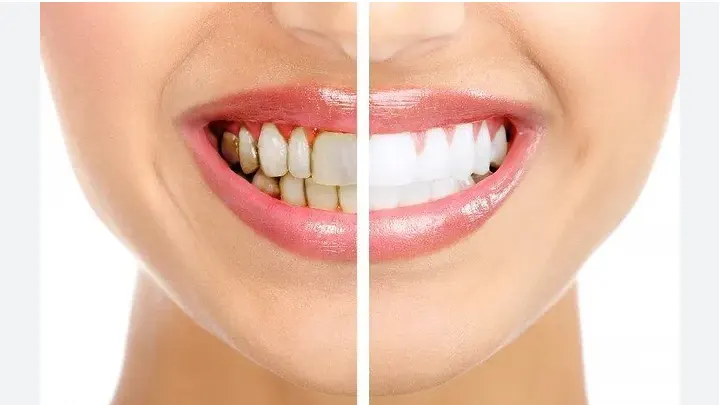Poor oral hygiene can cause problems ranging from cavities and tooth sensitivity to advanced gum disease. However, proper oral hygiene and regular checkups can easily prevent most dental problems.
Oral health problems can cause a significant burden on a person’s health, relationships, and overall well-being. Despite this, many people minimize the importance of oral and dental health. The American Dental Association estimates around 100 million people in the United States do not see a dentist every year.
This article discusses oral health, general symptoms of dental issues, and common dental problems. It also examines how to prevent dental problems, how to maintain good oral health, and when to see a dentist.
You’ve made a dentist appointment, and it can’t come soon enough. Meanwhile, it can help to rinse your mouth with warm water, floss to remove food caught between teeth, and take an over-the-counter pain reliever. If you notice swelling or pus around the tooth, or if you have a fever, that could be a sign that you have an abscess, a more serious problem. See your dentist as soon as possible. You may need antibiotics as well as other treatments.
Your teeth are like your laundry: The right approach will remove many stains. Foods, medications, tobacco, and trauma are some of the things that can discolor your teeth. You have three options for whitening them. Your dentist can use a whitening agent and a special light. Or you can bleach them at home with a plastic tray and gel from your dentist or a store. The simplest choice, whitening toothpaste and whitening rinses, only remove surface stains. These little holes in your teeth are bad news. You get them when a sticky bacteria, called plaque, builds up on your teeth, slowly destroying the hard outer shell, called enamel. Adults can also have problems with tooth decay at the gum line and around the edges of earlier fillings.
It’s the No. 1 type of dental injury. An accident can cause a chip. So can something much less dramatic, like chomping popcorn. Your dentist may recommend a crown if the chip is large or bonding with a strong resin material to replace the area that chipped. If the pulp is at risk, you may need a root canal followed by a veneer or crown.
An adult tooth that doesn’t come in properly is “impacted.”









